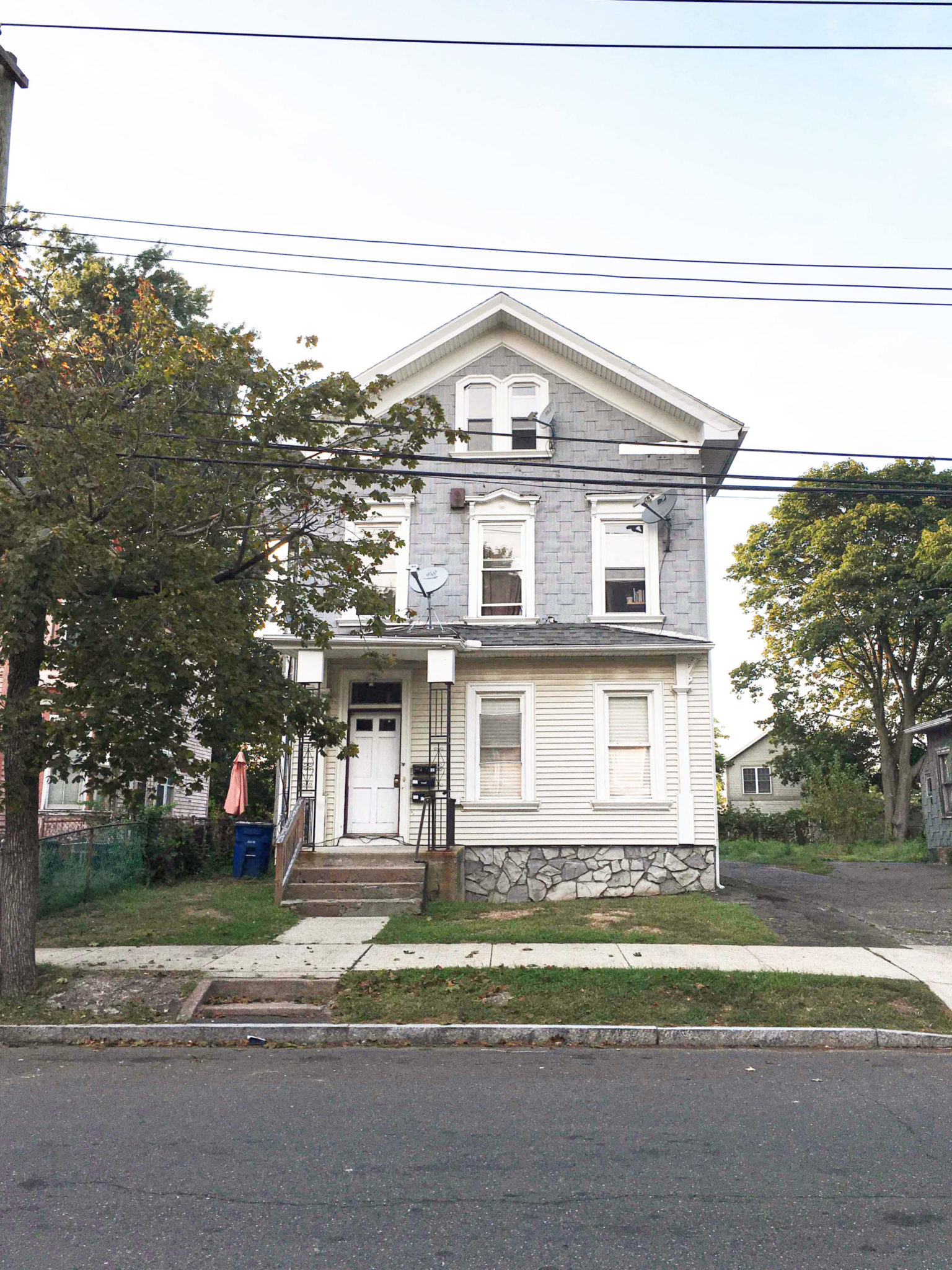
Yale Daily News
New Haven announced a housing relief fund last week, with the hopes of providing much-needed aid to renters and homeowners during the coronavirus pandemic.
The emergency program, called the Coronavirus Assistance and Security Tenant Landlord Emergency Program, or CASTLE, is funded with $800,000 from New Haven’s CARES Act allocation. The fund will provide direct financial assistance to tenants and homeowners facing income loss due to COVID-19. The aid comes shortly after the Centers for Disease Control and Prevention issued a national eviction moratorium for those who make under $99,000 a year that extends through Dec. 31.
“Thousands of residents of our city are struggling due to loss of income, and it is imperative that we address this before it creates an even greater crisis,” Mayor Justin Elicker said at a press conference last week live streamed by the New Haven Independent.
To qualify for the newly announced program, residents must prove that their income was disrupted by the pandemic and that they make no more than the area’s median income. Though Connecticut has not yet seen waves of evictions like in some other parts of the country, the state’s own eviction ban in October loomed over low-income residents until the federal moratorium through the end of the year was announced. Still, many are facing financial hardship that they do not expect to end in December. Another pot of money for renters, the state’s Temporary Rental Housing Assistance Program, is already oversubscribed.
The emergency program will be carried out by the Livable City Initiative, New Haven’s housing code enforcement agency.
But attorneys with the New Haven Legal Assistance Association recently raised concerns about the agency. In an Aug. 19 letter to Serena Neal-Sanjurjo — the director of New Haven’s Livable City Initiative, the city agency responsible for implementing the emergency response — NHLAA attorneys Yonatan Zamir and Sarah Mervine laid out concerns about how the LCI manages housing inspections and records. The New Haven Independent first reported on the letter last week.
“In the midst of a public health crisis in which our homes should be the safest place for families to shelter, it is more important than ever that our city’s housing code enforcement system is effectively and expeditiously functioning to assure that tenants are protected from conditions that threaten their health and safety,” the letter states.
Mervine and Zamir suggested a number of solutions to what they described as “critical shortcomings” in the LCI’s code enforcement.
Their proposals included keeping an electronic call log of each caller to the agency to help tenants prove that they reached out for assistance; creating a searchable online database of landlord registries, oversight programs and property code violators; and an online system for tenants to file housing code complaints. The final two suggestions were also recommendations from Elicker’s transition team report earlier this year.
The attorneys also proposed regulations to require landlords to fix violations within a set amount of days and determine how many times a landlord may fix the same violation without facing consequences. They also asked for the LCI to end its current practice of allowing landlords to claim that they have complied with the housing code without a follow-up inspection.
The attorneys noted that though the pandemic has increased pressure on the LCI, tenants are also at increased risk from housing code violations due to the pandemic.
“These conditions — mice and cockroach infestations, bedbugs, leaks, cracked windows, mold and insufficient smoke detectors — are difficult in normal times, but unbearable when a family is told to shelter in place, and most schools, libraries and other public spaces remain closed,” they wrote.
The Legal Aid attorneys received a response from Neal-Sanjurjo on Aug. 25, which they provided to the News.
The LCI “fully agree that during this unprecedented time, we are experiencing a heightened sense of urgency for housing code calls and complaints,” Neal-Sanjurjo wrote. “However, LCI staff has continued to work consistently during the Emergency Order and respond to constituent concerns as part of our normal course of business.”
In the letter, Neal-Sanjurjo wrote that the city was in the process of transitioning its online database and reporting processes to a system called “Municity” and suggested that the new system would improve those processes. She wrote that the system would be up and running by the end of the year.
Neal-Sanjurjo added that the attorneys’ recommendations for additions and clarifications to the LCI’s voicemail — including that it state that the caller has reached the LCI and provide callers with a person to contact should they not receive a follow-up to their complaint — would be implemented “as soon as possible.”
In an email to the News, Mervine wrote that the attorneys did not feel that Neal-Sanjurjo’s response addressed their concerns, as it did not respond to most of the numerous substantive problems listed in their letter.
The director wrote more broadly that the city would “review and consider” the attorneys’ recommendations “as we continue to improve our operations and effectiveness in serving the residents of New Haven.”
Neal-Sanjurjo did not respond to a request for comment Friday afternoon.
Tenants or homeowners in need of assistance can call the CASTLE hotline at 203-946-7090 or email castle@newhavenct.gov.







